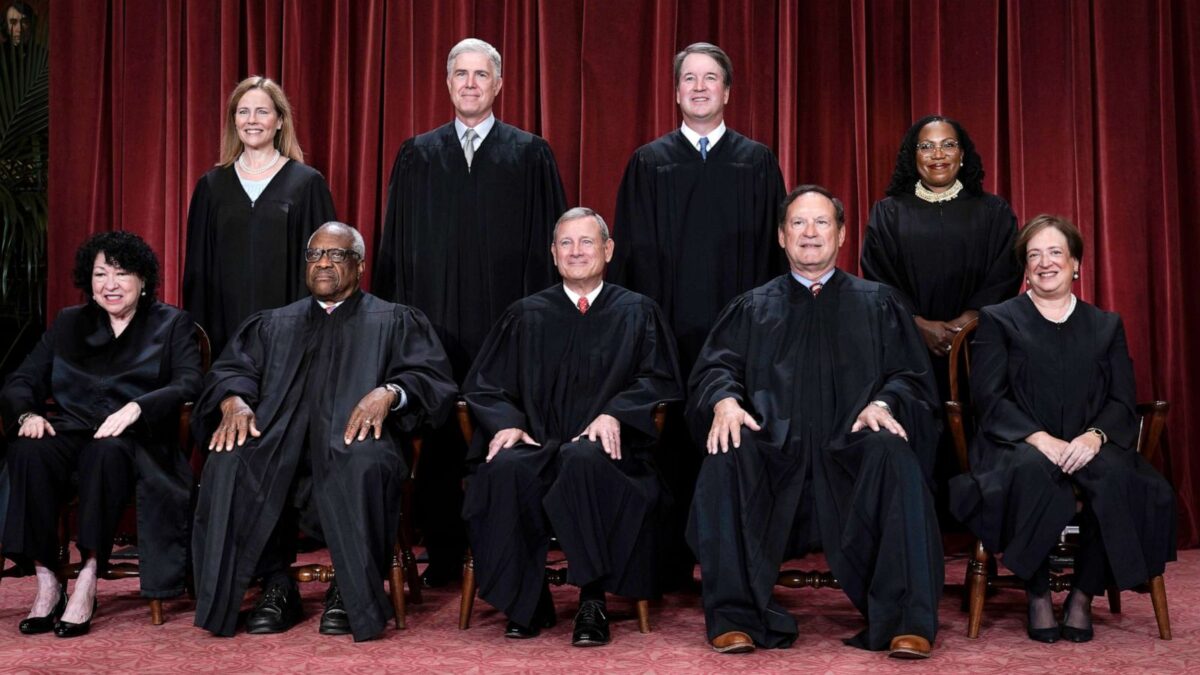A second Trump presidency could fundamentally reshape the U.S. Supreme Court, with President-elect Trump potentially cementing his legacy by nominating a fourth justice. According to CBS legal analyst Jan Crawford, the likelihood of a new vacancy during Trump’s second term is high, given the ages of several justices, including Clarence Thomas (76), Samuel Alito (74), and Sonia Sotomayor (70). Crawford predicts that Alito, who has served on the court since 2006, will be the next to retire.
Should this scenario unfold, Trump would have the rare opportunity to appoint four of the nine justices, a feat accomplished by only a handful of presidents, including George Washington and Franklin D. Roosevelt. During his first term, Trump successfully nominated Neil Gorsuch, Brett Kavanaugh, and Amy Coney Barrett, securing a 6-3 conservative majority that has delivered significant rulings reshaping American jurisprudence.
The Supreme Court’s recent decisions under this conservative majority have been transformative. In 2022, the court overturned Roe v. Wade, returning the regulation of abortion to the states. The 2024 Chevron decision dismantled the precedent that prioritized government professionals over private-sector specialists in regulatory decisions. In 2023, the court struck a blow to affirmative action in college admissions, ruling against Harvard and the University of North Carolina’s policies.
However, this conservative judicial revolution has not come without controversy. Public trust in the Supreme Court has reached historic lows, with 51% of Americans disapproving of its performance, according to a September Gallup poll. This mistrust began to grow under President Joe Biden’s administration but has persisted as the court has issued decisions that overturn longstanding precedents.
Despite the controversy, another Trump-appointed justice would further solidify a conservative judicial philosophy for decades. The current Senate’s Republican majority, which eliminated the filibuster for Supreme Court nominations during Trump’s first term, makes such an appointment feasible. Under these rules, Trump’s past nominees—Gorsuch, Kavanaugh, and Barrett—secured their seats with slim majorities that would not have passed under the previous 60-vote threshold.
The stakes could not be higher. Should Trump have the opportunity to nominate a fourth justice, his influence on the judiciary will rival that of historical titans like FDR. For conservatives, it’s a chance to entrench their vision of constitutional originalism. For liberals, it underscores the urgency of reforming a court increasingly seen as a battleground for America’s cultural and political wars.


Leave a Comment